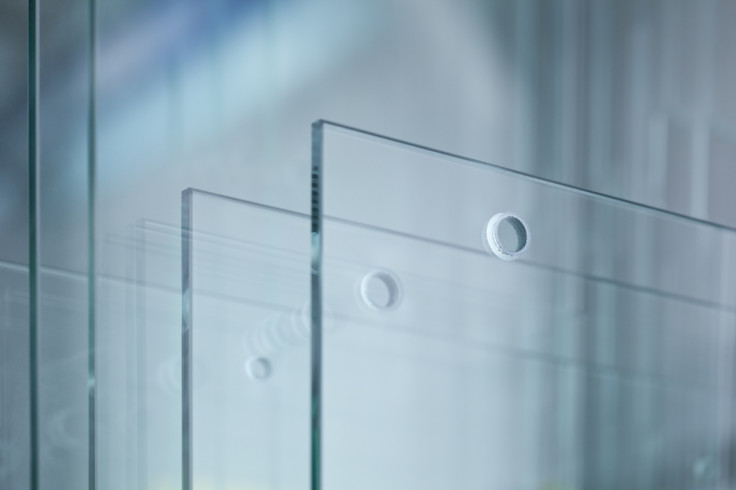Unbreakable glass that's as strong as steel created by scientists in Japan

Researchers in Japan have created an unbreakable new glass that is reportedly as strong as steel. This breakthrough could see the new material revolutionise the use of glass in buildings, cars and technology, and it should be available within five years.
Just think of a world where your smartphone wouldn't shatter when you dropped it, where buildings could be bolstered against natural disasters, wine glasses are reassuringly safe, and cars are structurally stronger in a crash thanks to unbreakable windows.
This could all be possible after scientists at the University of Tokyo's Institute of Industrial Science found a way to make a strong-as-steel glass that's still as light and thin as regular glass.
The researchers' secret to making the new material is by upping the amount of alumina – an aluminium oxide – in the mix. Alumina is key to giving regular glass its strength but when researchers have tried to increase amounts in the past it would crystallise when produced in a container.
The scientists managed to eliminate this problem by creating the glass using a levitation technique to remove any contact with a container. The fabrication was conducted using an aerodynamic levitation furnace where ingredients were floated in the air using oxygen gas and melted together using carbon dioxide lasers. Voila. A transparent super glass packing 50% alumina.
Glass that's as strong as steel
The glass, whose composition is 54Al<sub>2O<sub>5-46Ta<sub>2O<sub>5, underwent strength, hardness and elasticity tests including Young's modulus and Vickers methods. The tests revealed that the glass was twice as strong as typical glass and evidently rivalled that of steel and iron.
With a long list of real-world applications for the new glass, manufacturers are sure to be lining up to use it in their latest projects and products. However, only a small amount of the glass has been produced so far but the scientists are working on a way to bring it to market.
"We will establish a way to mass-produce the new material shortly," Atsunobu Masuno, an assistant professor at the University, told The Asahi Shimbun. "We are looking to commercialise the technique within five years."
© Copyright IBTimes 2025. All rights reserved.






















